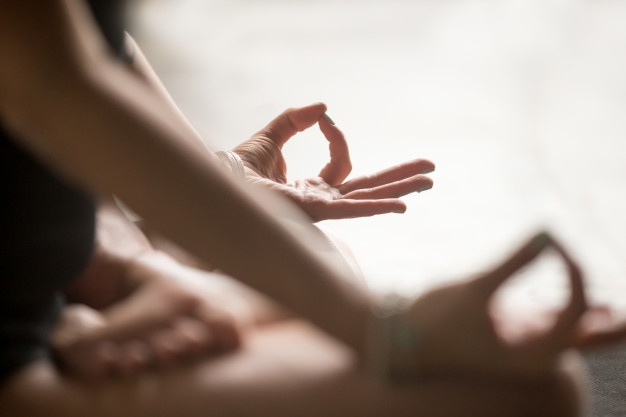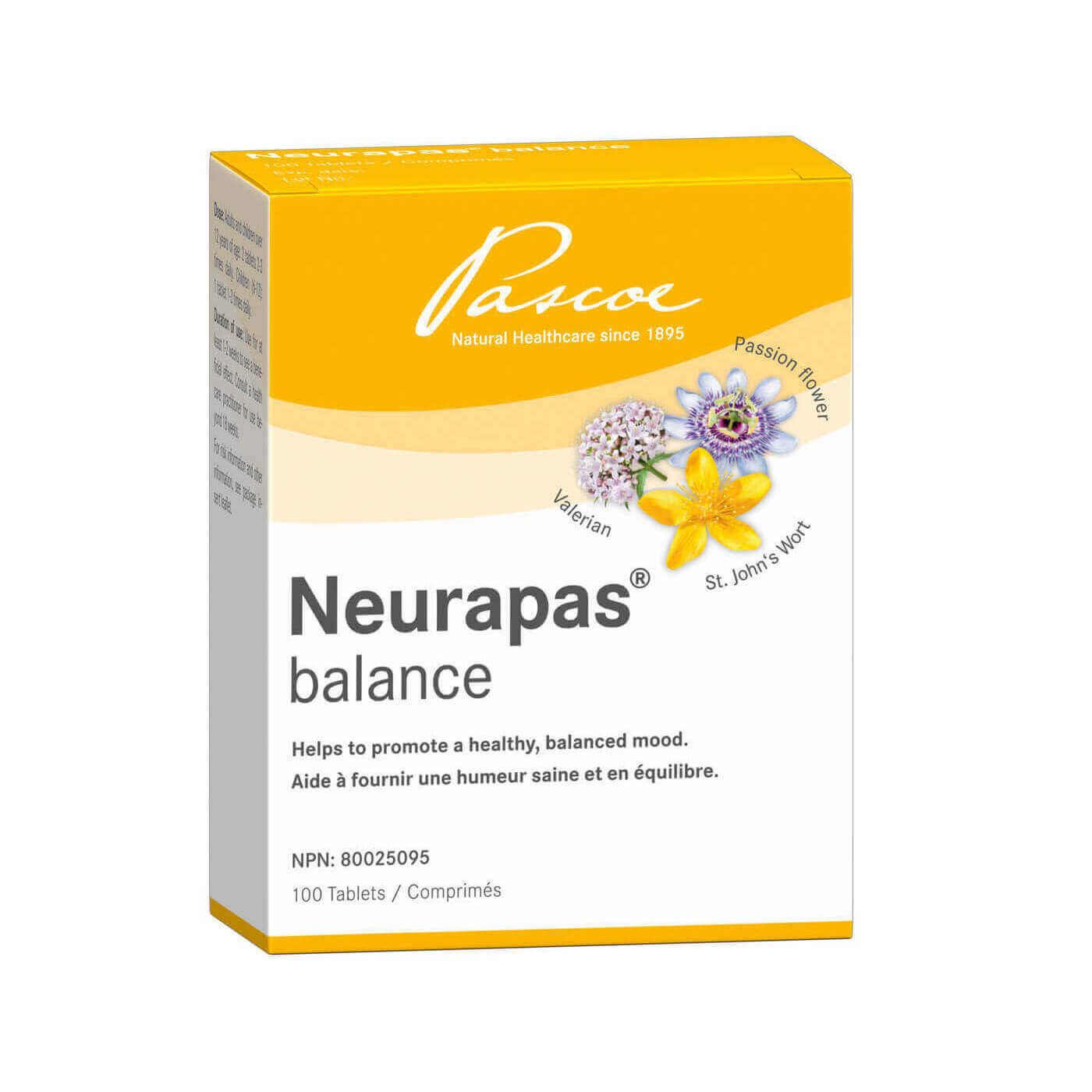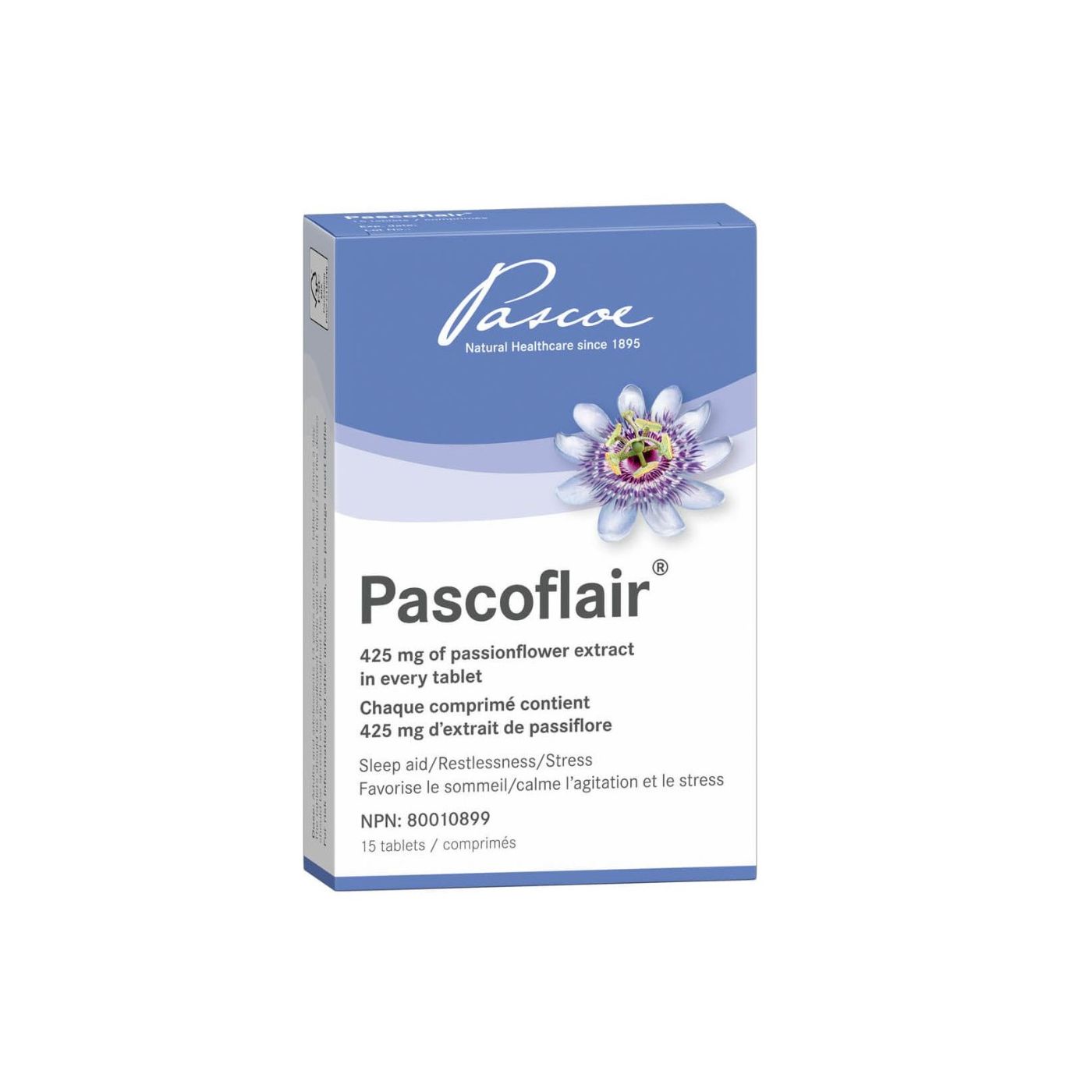Winter blues: How to overcome winter blues?
Botanical and plant extract can turn the winter into summer for your mood!
December provides us with the lowest number of sunny days compared to the rest of the year. The average sun exposure in December means around 20 days (78 hours) for Torontonians and the lowest of 16 days (35 hours) for those who live in Kelowna BC compared to the month of July where both cities get an average of 29-30 days (280-298 hours) of sun exposure.
It is no wonder that some people do feel the lack of sunshine affecting their mood; gloomy thoughts, less energy, difficulty to find joy or the desire to do something. And most people can’t wait to say goodbye to winter, perhaps a little because they don’t want to see the shovel for a while, but mostly because they miss the warmth of the sunshine on their faces.
One of the reasons is that we run out as soon as the sun shines, no matter the temperatures, or light a candle when it grows dark just to get that comfort with the bright light.


“Winter blues“ is a form of mood disorders
What is commonly known as “winter blues” is known in medicine as seasonal affective disorder (SAD). The seasonal disorder happens in fall and winter where a low level of mood and a lack of motivation can be noticed. It’s like the mood starts falling before the leaves fall off the trees.
Symptoms such as lack of motivation, sad thoughts, lack of energy, difficulty getting up from the bed or starting the day and overall a low mood can identify SAD. The reasons are not entirely yet clear, but it is assumed that a lack or lower numbers of natural light exposure in the darker months of the year reduces the production of the sleep hormone, melatonin.
Melatonin is converted from its precursor, serotonin. The pineal glands are responsible for regulating and producing some hormones, including melatonin. To produce more melatonin, the pineal glands would need more serotonin.
At the same time the vitamin D production under our skin is reduced because of the reduced hours of exposure in the sunshine as well as because more people need to use sun blockers when going out to protect the skin. These all affect our mood balance and induce difficulties to sleep.
The classic herb to turn winter blues to sunshine for our mood
There are natural plants that can support mood. Hypericum perforatum or hypericum perforatum L. is an herb and flower used historically to help with mood balance. St. John’s Wort (hypericum perforatum) is a herb with a yellow flower that has a mood balancing effect on the body.
St John's Wort has been used to support mood balance for centuries because of its antidepressant properties. This herb also called hypericum perforatum contains the physical constituents hypericin and hyperforin that are responsible for its medicinal benefits.
Hypericin and hyperforin can cross the blood brain barrier entering into our brains and nourishing our nervous system as well as balancing our neurotransmitters. This can lead to improvements in mood and has an overall balancing and nourishing effect on our beings.
Passiflora incarnata or passiflora incarnata L. is an herb and flower used historically to help with stress, restlessness, anxiety, and trouble falling asleep/insomnia. Passion flower is the common name for the passiflora incarnata plant that grows on a vine.
This plant is a beautiful flower that is known for its sedative and calming effects. It helps to quiet the mind and bring one back into the present by relaxing the central nervous system. This can make it helpful for anxiety, nervousness and having trouble sleeping.
Valeriana officinalis is an herb and flower used historically to help with stress, restlessness, pain, anxiety, and trouble falling asleep/insomnia. Valerian is the common name for the valeriana officinalis plant. This plant is used in herbal medicine. It is the valerian root that holds the medicinal properties and is an herbal support for insomnia.
Valerian root is known as a nervine hypnotic which means that it is sedative and relaxing to the central nervous system (CNS). This makes it helpful for many different neurological complaints including anxiety, insomnia, nervousness, mood balance, stress or anything where it feels as if the body is wound up tight.
How to cope with winter depression
During the winter months, it is important to stay attentive to our mental health and how to modify our life events to combat major depression. It’s very common for people during the winter season to have symptoms of sadness. Below are some ways that we can help with seasonal affective disorder symptoms.
-
Sport and exercise – help to move stagnation in the body which can contribute to depression and produces endorphins which increase mood
-
Relaxation exercises (meditation, yoga, autogenic training) – to help calm down the nervous system and bring the body into balance
-
Talking and social contact – create a support system to help deal with triggers in the environment and world in general


A wholesome diet – optimize our vitamins and minerals to ensure we are getting enough to support our brain function and mood – essential fatty acids are especially important to support mood and brain function (this includes avocados, nuts and seeds, olive oil, fish etc)
Sufficient light (exercise in the fresh air or go out in the sunshine)
Enough free time for compensatory and/or exciting hobbies – engage in things that you bring you pleasure
Regular times for sleeping and waking.
Decreasing stress – chronic stress causes the release of hormones that can result in mood changes and decrease one’s ability to cope.
There is no timeline for how long mood disorder symptoms last. Often it depends on the intensity of the trigger as well as the reaction from the person who is suffering. Treatment can have a huge impact on decreasing the severity and longevity of the symptoms.
Getting medical advice before starting any herbal supplements can be extremely helpful. Checking in with a doctor, naturopath or psychotherapist in cases of low mood or persistent low mood may be the best method to ensure that you are getting the best treatment to support this state.
Disclaimer
Pascoe Canada does not offer health or medical advice as we are not a healthcare practitioner. Please speak with your healthcare practitioner before beginning any program related to nutrition, diet, exercise, fitness, medical, and/or wellness. All content published by Pascoe Canada is developed through collaborating with licensed medical professionals and contributors. This includes text, graphics, images, and other material on the website, newsletter, and products (“Content”). This content is for informational purposes only and does not constitute medical advice. The content does not substitute professional medical advice, diagnosis, or treatment. Please always do your own research on whether this is for you along with your healthcare practitioner advice. Always consult your healthcare practitioner prior to using specific herbs because you might have underlying conditions that need professional care. The content is general in nature and is subject to change. It is not intended to cover all possible uses, directions, precautions, warnings, drug interactions, allergic reactions, or adverse effects.




